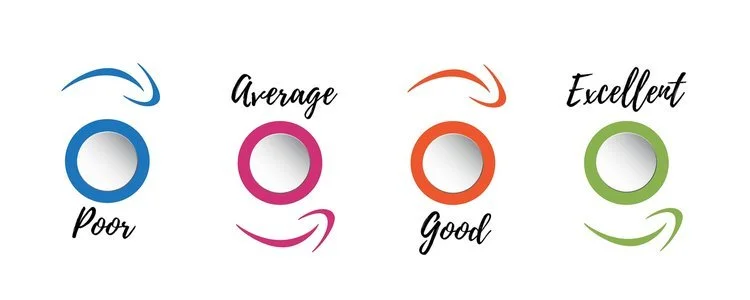Let’s Trust School Children More
In the Tallahassee Classical School, the principal was recently forced out by the charter school’s board. The resignation of Hope Carrasquilla was sparked at least in part by the failure to notify parents of a sixth grade class that their children would see a photograph of Michelangelo’s David in an art history lesson. Two parents objected because they had not been told of the potentially offensive material in advance, as now required by Florida’s 2022 Parental Rights in Education Law, and a third parent said the statue of the nude David was pornographic. Many other parents had no objections.
This incident raises the issue of what children are capable of handling in a school’s curriculum. Bans on books and fears that children can’t handle the history of slavery in America without feeling personally guilty raise the same question. We sell our children short.
The David incident could lead to robust questioning by students if we trust them. Among the many questions students could be invited to explore are at least: What is art; what makes something artful? Why does a particular piece of art offend some people but not others? What should we do when kids or parents are offended by something that happens in school? We generally don’t pursue such questions in schools because they’re controversial or we think children shouldn’t have to or can’t face them.
We assume instead that what students learn in school should be based solely on what school boards and administrators decide. Yet some of the most important things children learn in schools come outside the formal curriculum. They learn that some classmates can be trusted and conclude others cannot. They learn the price to be paid from being different. They learn what their friends think is right or wrong and whether they agree or not. Children are not passive vehicles, waiting for their minds to be filled. They are “question incubators.” We should value and encourage their questions. We should trust them more than we do to draw out the truth from that questioning. After all, if we trust them to understand the importance and how to respond in active shooter drills, they’re clearly capable at a fairly young age of thinking carefully.
Observing pre-school children, we’re always struck by their thirst to understand. Indeed, their innumerable questions frustrate us with so many “why?” questions that at times we blurt out “because I said so.” Yet somehow, the relish we have in their early years turns for some parents into fear when they enter elementary school, a fear that they will encounter content, views and ask “why” questions parents don’t want. We lose confidence in them and in our ability to talk with them after school to help raise them. Schools, for their part, too often discourage “wrong” questions and only applaud “right” answers. That’s the danger, as the educator Neil Postman once put it, that “Children enter school as question marks and leave as periods.”
Some have argued that the purpose of school is academics and that moral education should be the sole province of parents and religion. But children do not suspend moral thinking at the schoolhouse door – nor should we want them to. Their lives in school are filled with moral questions and ethical challenges. Some come from the curriculum itself: Why did Germans make Hitler their leader and follow him for so long? Why did slavery exist for so long? Why were people in early America persecuted for their religious beliefs? Others come from the society inside the walls of the school: What is bullying and how should we respond when we see it? What does friendship entail? What is cheating and what is not? What is empathy and how can I approach a classmate in trouble? These and many more are questions we should encourage children to explore. The fact that there are not clear or easy answers in some cases doesn’t mean children can’t discuss them. A key outcome of a good education is the importance of grappling with – and relishing – tough questions.
We tend to forget that the greatest advances in civilization have come from people who ask questions – and from societies that encourage them to do so. When we avoid helping students confront disturbing topics, when acknowledged treasures of civilization are subjected to political litmus tests from the left or right, we convey to our students that we consider them more fragile than they are when we should be shaping resilient, questioning adults.
The biblical David was sent out to confront the giant Goliath to save his people. He succeeded against great odds. That story raises its own set of life lessons and questions: Why do we admire him? When do we struggle against the odds – and how? Who is a “David” in our lives today? We can trust our children with such questions. That’s what good education does.
Photo Credit: blog.pearsonschool.com







